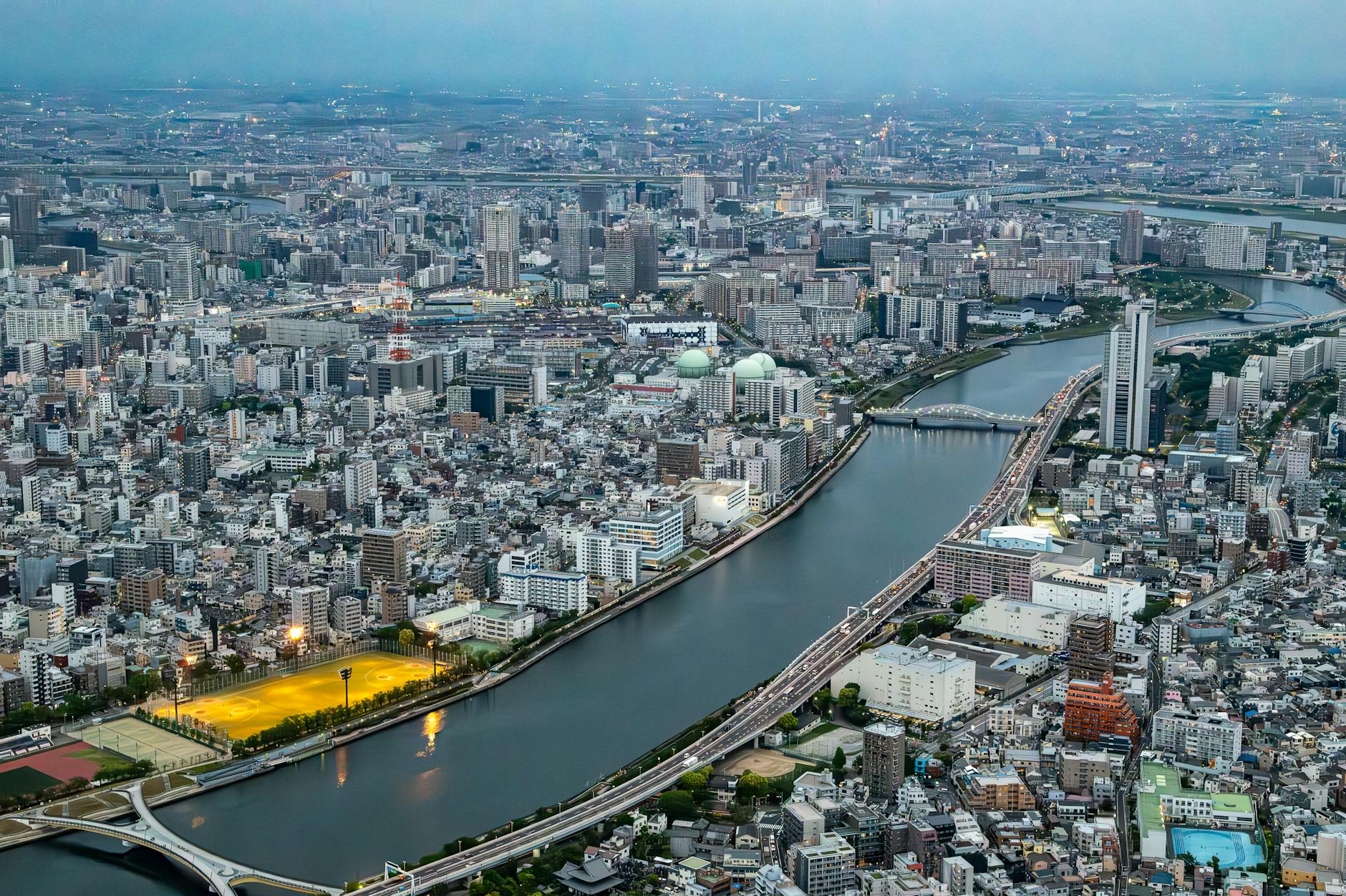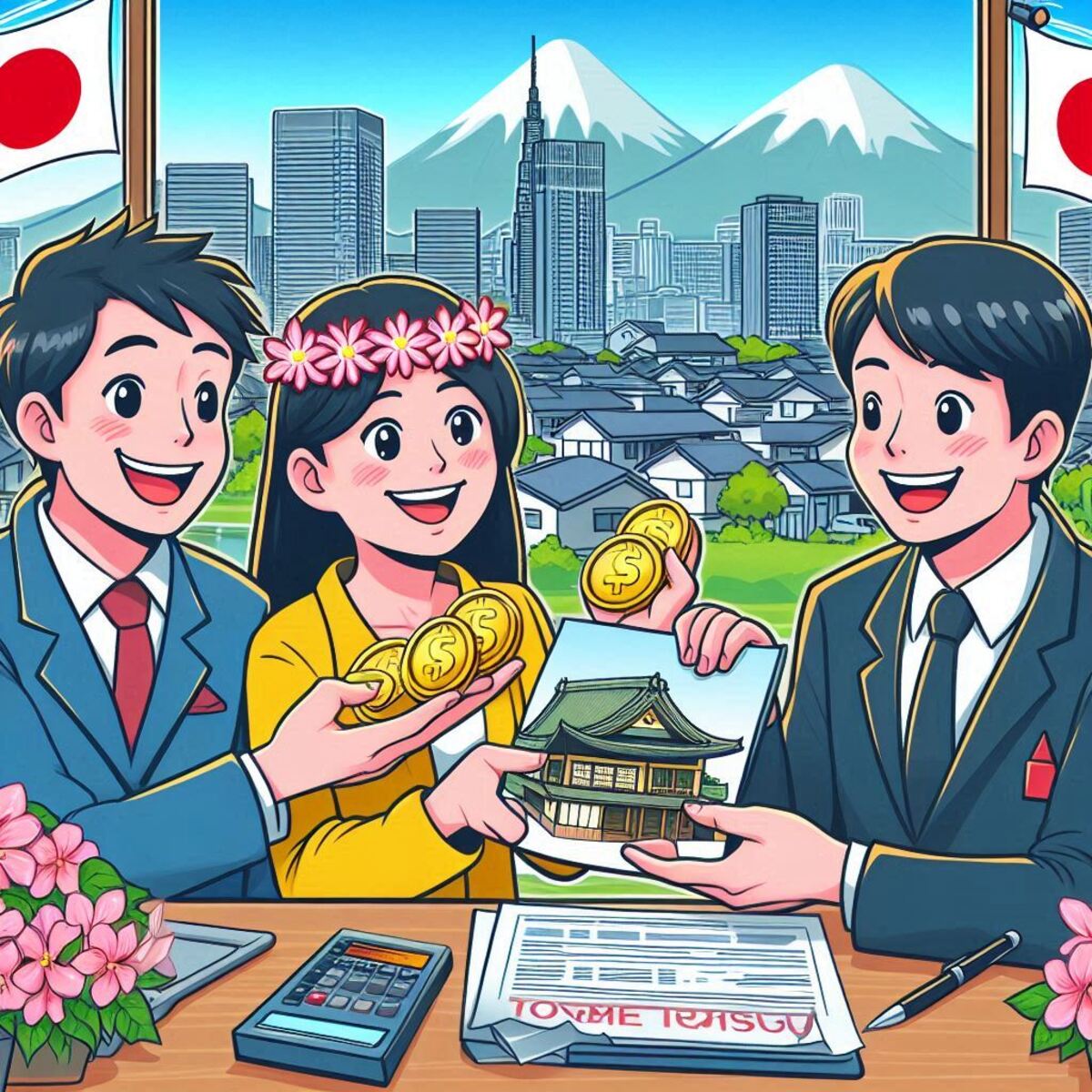◆ Singapore, Hong Kong, and Tokyo — Asia’s Premier Cities for High-End Real Estate
All three are highly sought-after markets among affluent investors. Yet beneath their shared prestige lie distinct differences in how each city’s real estate performs and evolves. In this article, we offer a data-driven comparison of current market prices, regulatory frameworks, and operational efficiency as of 2025 — and reveal why Tokyo is now commanding renewed attention from global property buyers.
◆ Pricing Advantage: Tokyo’s Global Value Proposition.
In central Hong Kong, condominium prices reach approximately ¥250 million per tsubo (about ¥7.6 million per square meter) — among the highest in the world. Singapore follows with an average of ¥180 million per tsubo (roughly ¥5.5 million per square meter). In contrast, Tokyo’s prestigious Minato Ward — one of the city’s most sought-after districts — averages around ¥120 million per tsubo (about ¥3.7 million per square meter), representing a 30–50% discount compared to its regional peers. When evaluated in foreign currencies, the pricing advantage becomes even more pronounced due to the yen’s current weakness.
◆ Ownership Structure: The Power of Perpetual Freehold
Both Hong Kong and Singapore operate under government leasehold systems. In Hong Kong, land is state-owned, and lease terms typically range from 50 to 75 years. In Singapore, the standard residential lease is 99 years, with land ultimately reverting to the government. By contrast, Japan allows full freehold ownership, even for foreign nationals — encompassing both land and building — with no expiration date. This means assets can be retained indefinitely, passed on across generations, and treated as a truly enduring legacy. This distinction represents a significant strategic advantage.

◆ Taxation: Transparent, Predictable, and Foreign-Friendly in Japan
Tax regimes differ significantly across Asia’s top real estate markets. In Singapore, foreign buyers face a steep 15% Additional Buyer’s Stamp Duty (ABSD). In Hong Kong, stamp duties can exceed 20%. Japan offers a far more transparent and moderate tax structure:
- 1. Acquisition taxes range from just 3–4% of assessed value
- 2. Stamp duties are capped at approximately ¥60,000 (USD 400)
- 3. Annual holding taxes (fixed asset tax + city planning tax) are typically 0.6–0.8% of value
- 4. No additional taxes imposed on foreign buyers
◆ Investment Yield: Tokyo Delivers Stronger Rental Returns
Rental yield — a key metric of investment efficiency — further highlights the divergence among Asia’s leading markets.
- Tokyo: Gross yields average 3–5%, particularly for compact units such as 1LDK apartments
- Hong Kong: Typically yields 1.5–2.5%
- Singapore: Falls in the 2–3% range
With property prices comparatively lower in Tokyo, investors can often achieve positive cash flow sooner.
◆ Quality of Life: Tokyo Offers a Harmonious Living Environment
From a lifestyle perspective, Tokyo consistently excels across critical dimensions: safety, cleanliness, education, healthcare, and world-class public transportation. These elements are not just conveniences — they form a cohesive urban experience that is both highly livable and deeply reassuring, even for foreign residents. Among Asia’s top-tier cities, Tokyo stands out as the most balanced and thoughtfully designed in terms of residential quality.
As demonstrated across pricing, ownership structure, taxation, rental yield, and overall quality of life, Tokyo presents a uniquely compelling case for investment right now. While offering almost same urban value with Singapore and Hong Kong, Tokyo stands out with more accessible pricing, greater regulatory freedom, and highly practical investment performance. This is precisely why a growing number of high-net-worth individuals are now making a strategic move — choosing Tokyo as Asia’s next premier wealth destination.




